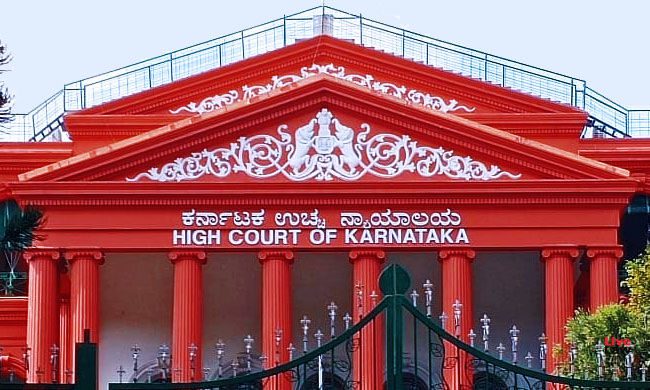Kurubara Veereshappa vs The State Of Karnataka
4 May, 2023
Bench: Hon’ble Anil B Katti
Facts:-
The incident in question occurred on January 27, 2023, when a quarrel broke out between the appellant and another individual named Sri.Y.B.Govind. Subsequently, on January 28, 2023, the appellant, who is the son-in-law of Kurubar Beerappa, allegedly abused the complainant using derogatory language based on his caste affiliation. The appellant then assaulted the complainant, causing a bleeding injury by hitting him with a beer bottle. Following the incident, a case was registered against the appellant under Sections 324, 504, and 506 of the Indian Penal Code (IPC) and Sections 3(1)(r) and 3(1)(s) of the Scheduled Castes and Scheduled Tribes (Prevention of Atrocities) Act, 1989.
The Appeal for Anticipatory Bail:
The appellant filed an anticipatory bail application under Section 438 of the Code of Criminal Procedure (Cr.P.C.) before the first additional district and sessions judge in Ballari. However, the application was rejected on March 1, 2023. Dissatisfied with the decision, the appellant appealed to the Karnataka High Court, seeking to set aside the order and secure anticipatory bail.
Court’s Analysis and Decision:
During the hearing, the High Court analyzed the allegations made in the complaint and the evidence presented by the prosecution. The court noted that the complaint primarily accused the appellant of using derogatory language based on the complainant’s caste but found no substantial evidence to support the charge of insulting the complainant in public view. Thus, the court concluded that no prima facie case was made out for the offense under Sections 3(1)(r) and 3(1)(s) of the Act.
Regarding the charge under Section 324 of the IPC, the court emphasized that it is a scheduled offense under the Act and carries a statutory presumption of guilt. However, the court clarified that the presumption arises only when the prosecution establishes the basic facts constituting the offense under Section 324 of the IPC. At the current stage, the court found insufficient evidence to prove the offense beyond reasonable doubt.
Considering the circumstances, including the fact that the injured complainant had already been discharged from the hospital and a substantial part of the investigation was completed, the court granted anticipatory bail to the appellant. The court imposed several conditions for the bail, including executing a personal bond of Rs. 50,000/- with one surety of the same amount, cooperating with the investigating officer, and not tampering with the prosecution witnesses.
Conclusion:
In this judgment, the Karnataka High Court allowed the appellant’s appeal for anticipatory bail, overturning the earlier decision of the lower court. The court found that no prima facie case was made out for the offenses under the Scheduled Castes and Scheduled Tribes (Prevention of Atrocities) Act and observed insufficient evidence to establish the offense under Section 324 of the IPC. The granting of anticipatory bail emphasizes the court’s consideration of the circumstances, including the completion of a substantial part of the investigation and the discharge of the injured complainant from the hospital.
“PRIME LEGAL is a full-service law firm that has won a National Award and has more than 20 years of experience in an array of sectors and practice areas. Prime legal fall into a category of best law firm, best lawyer, best family lawyer, best divorce lawyer, best divorce law firm, best criminal lawyer, best criminal law firm, best consumer lawyer, best civil lawyer.”
JUDGEMENT REVIEWED BY SHREEYA S SHEKAR


